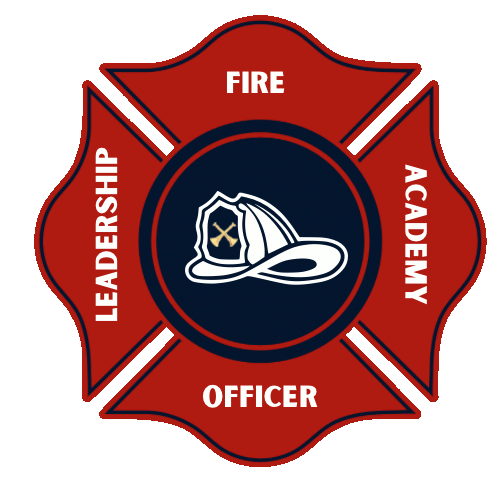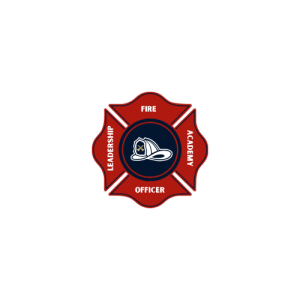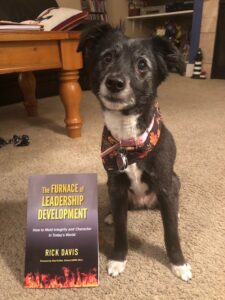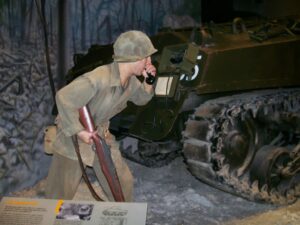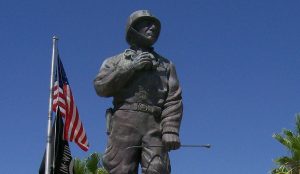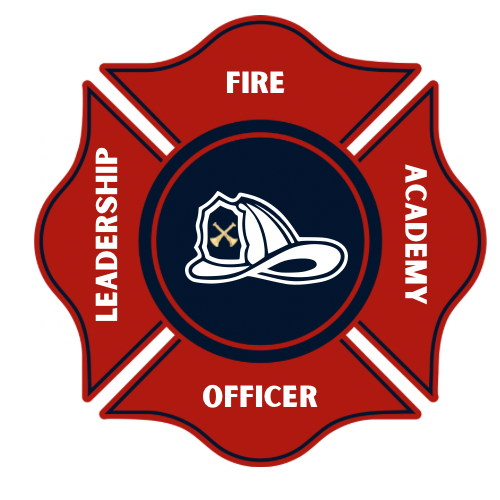Posts
How often have you heard someone proclaim, “Don’t judge me!” It is a phrase that is frequently used, especially when someone is feeling guilty about their behavior and decisions. This week’s topic from the Marine Corps leadership traits is judgement, “The ability to weigh facts and possible courses of action in order to make sound…
Read MoreAs I continue writing about the Marine Corps leadership traits, this week’s topic is loyalty, which is “the quality of faithfulness” to your country, spouse, family, or organization.1 However, is loyalty a disappearing trait? Is loyalty taking the same route as an outdated computer mainframe? Faithfulness is a cherished quality. I entered the fire service…
Read MoreThis week let’s take a look at the leadership trait of unselfishness which is, not “providing for one’s own comfort and personal advancement at the expense of others.”1 A helping hand or stab in the back? We all know two types of people. There are those unselfish individuals who are always ready to lend a…
Read MoreIntegrity is one of the fourteen Marine Corps leadership traits. What exactly is integrity? Noah Webster’s Dictionary of the English Language, defines integrity as: The entire, unimpaired state of any thing, particularly of the mind; moral soundness or purity; incorruptness; uprightness; honesty. integrity comprehends the whole moral character, but has a special reference to uprightness in mutual…
Read MoreThe afternoon of February 1, 2017, was sunny and pleasant, but by sundown the temperature began dropping, a light rain fell, and then quickly turned to snow. The wet road surfaces formed a sheet of black ice and there were multiple motor vehicle accidents over the next few hours, including the one in the photo…
Read MorePeople often ask if my book, The Furnace of Leadership Development is for firefighters only and the answer is no. My book is written for those who want to develop their leadership skills and abilities regardless of profession, age, or status in life. Questions to ponder. Still not sure if the book is for you?…
Read MoreThe last two blog posts were titled, Are You Listening and Are You Practicing the Skill of Listening. This post addresses the rude and inconsiderate behavior of interrupting someone else while they are speaking. Mark Twain said, “There is nothing so annoying as to have two people talking when you’re busy interrupting.” Two Examples Unless…
Read MoreThe title of last week’s blog was Are You Listening? Listening is an active skill, and the process goes far beyond staring at the other person when they are speaking. In his book, Situational Awareness for Emergency Response, Dr. Richard B. Gasaway writes, “The act of listening requires a substantial amount of cognitive horsepower.” He…
Read MoreRecently, I had the opportunity to teach a class to a group of singles in our church and the topic was anger. I asked, “What makes you angry?” Some of the answers included things, other drivers, little/older siblings, and not listening. Not listening Why does this happen and what prevents people from listening to someone…
Read MoreThe statue in the photo above is of General George S. Patton, Jr., taken in front of the General Patton Memorial Museum in Chiriaco Summit, California. Patton, known as “Blood and Guts,” was one of the greatest generals in American history and he knew how to make decisions. The Importance of Timing Most people won’t…
Read More